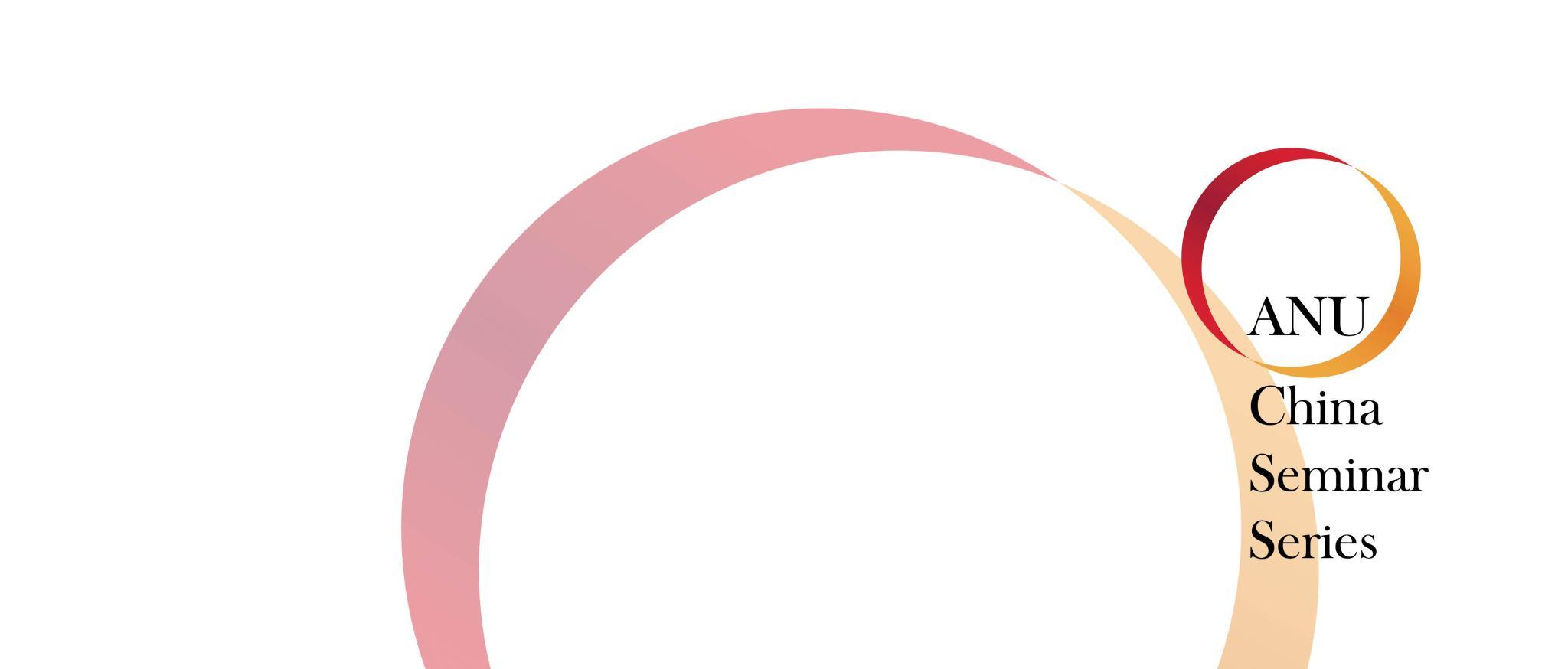In contrast with recent scholarship about China’s growing power in the international economy (i.e. with Sovereign Wealth Funds and the Belt and Road Initiative), this talk argues that China has historically been constrained by the global economy and still faces several constraints even in the contemporary period, especially after the 1997-1998 East Asian Financial Crisis and the global financial crisis of 2008-2009. The same applies to Taiwan, which faces the same constraints, even more so because of its political and geostrategic status. Discussing China’s and Taiwan’s limitations as delineated by the global economy during the 1990s and 2000s affects the understanding of how state capitalism has worked in the two countries because the power of the state is limited by external and structural international forces, which diminish the range of options governments have to pursue their economic agenda.
About the Speaker
Federico Pachetti is an Assistant Professor in the Department of Sociology at Corvinus University of Budapest, a Research Fellow at Corvinus Institute of Advanced Studies, and a Research Fellow with the Geopolitical Frontiers Project, Future Potentials Observatory. Federico received his PhD in History from the University of Hong Kong. Interested in 20th century global history, Federico is working on a manuscript that explores how different American and international economic institutions integrated China into global capitalism during the 1980s.
The ANU China Seminar Series is supported by the Australian Centre on China in the World at ANU College of Asia and the Pacific.
